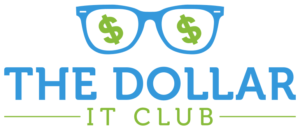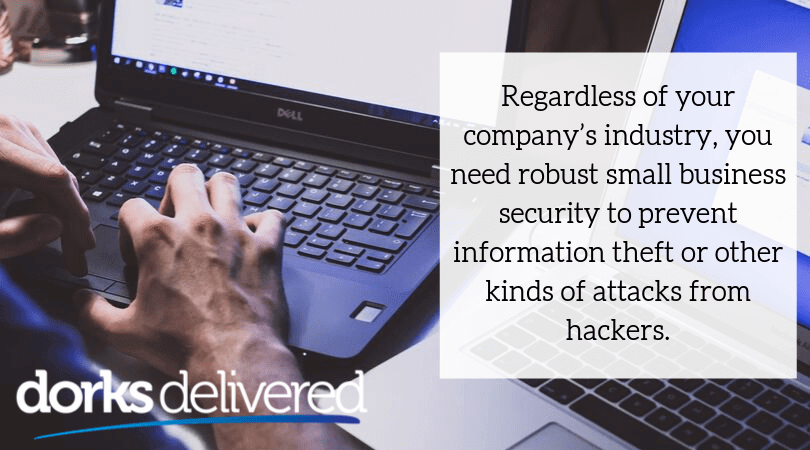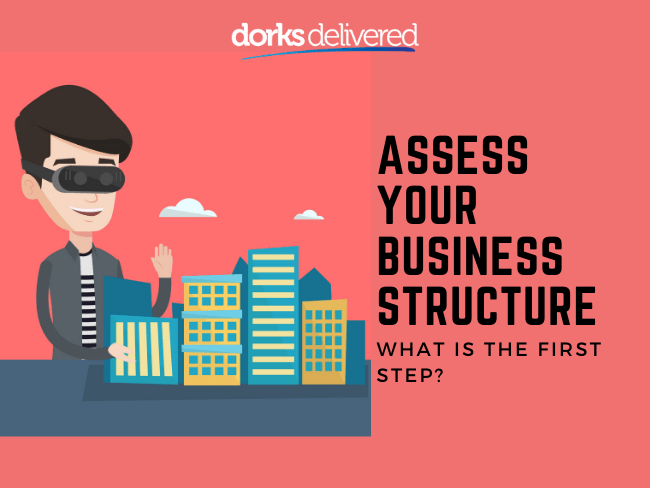Before Someone Steals It
You’ve got this cool, wicked-awesome idea or service that you want to see come into fruition and actually help change people’s lives. You know it’s going to be amazing and you’ve written everything down. You’ve got your SWOT analysis done. You’ve gone, ‘This is going to go gangbusters. It’s going to go nuts.’ Super-exciting stuff. Now, you’re really worried that someone’s going to steal your idea.
So, you’ve got this cool, wicked-awesome idea or service that you want to see come into fruition and actually help change people’s lives. For the sake of the conversation, regardless if it’s a product or a service, let’s just call it a product or an idea, just for now. So, you’ve got this cool idea, you know it’s going to be amazing and you’ve written everything down. You’ve got your SWOT analysis done. You’ve gone, “This is going to go gangbusters. It’s going to go nuts.” Super-exciting stuff. Now, you’re really worried that someone’s going to steal your idea. This is something so many people stress about. Some of you don’t even talk about their idea, because they think someone’s going to steal it. They’re too worried. They want people to sign documents, and they’re generally people who don’t have any money to go and patent it or do anything like that. And they don’t want someone to steal the idea.
I’ve Got Some Bad News for You
If you’ve gone through the process, and you’ve done all the analysis, and you can see that, yes, this can be developed, it’s within your capacity. It’s most likely going to be developed before someone else develops something similar. You get it out to market, and you’ve got your patent, and everything is all sweet. There’s a very real possibility that someone will pick up what you’ve done, and develop it again, and create the Lyft to what is Uber.
Lyft does very well for itself; they’re more profitable than Uber. They weren’t the first that’s out there, and the technology has no way near that needs to be reinvested, because their end goals aren’t like Uber’s; Uber’s end goal is to have autonomous vehicles. Lyft’s aren’t. Lyft uses Google Maps and doesn’t record any of the useless, or not as of this recording, record any of the useless crap, such as acceleration, stop times, and everything else, because their end goal is the product they’ve created, for now at least.
That means that they’re able to make super-duper, crazy cash. But, they just ripped off another app. They’re the Hungry Jack’s to what is McDonald’s, yet they’re still doing really well. If you’re wanting to be Uber or McDonald’s in this story, know that people will rip off your idea. It’s inevitable. No matter how much red tape, patents, legal mumbo jumbo and stuff you try and write into a document, and have it shown that this is yours and only yours forever, I can guarantee it won’t hold up in a court of law if their solicitor is more expensive than yours. Unless you’ve got a huge legal team behind you, you’re up shit creek. So, what I suggest is, look at the adoption curve for new elements and new things that come in.
Read: Adapt to Changing Business Environment and Keep Your Business Relevant
Innovators and Early Adopters
There’s the early adopters, and they’re great people to test whatever it is you’ve developed. They’re the people that go out and they buy all the latest gizmos and gadgets. The early adopters get all their ideas and take that on from the innovators. So, if you’re one of the innovators or you’re one of these core people that have created this core product and you’ve got a group of other innovators, your innovators are probably going to be your first test network. Once you’ve gone through the innovators, it’s then the earlier adopters. The innovators take up about 2.5%, generally speaking, of any market. The early adopters, on the other hand, is at the 13.5%.
Early Majority
Now, the next step, this is the important one: the early majority. Now, the early majority is anyone from the early adopters all the way up to the half point. It’s half of everyone that’s ever going to be interested in your product. The early majority holds 34%. Now, the early majority is normally when you get these people that mirror your product. They love you so much and they see what you’ve done is so cool that they’ve jumped in and they’ve mirrored it. Normally, if this happens they will contact you and offer to give you a bit of coin to get the product developed and created. Now, sometimes they’re silent and they just go ahead. But, what you need to know is that’s 34% of the first 50%. If you can make the money on the first 16% of people that use your product and you can make enough money on the first 16%, by the time the other people start developing it and go to market, you’re already worlds ahead of them, and they’re not going to blow you out of the water.

Sell or Keep Going?
You don’t want to be MySpace when Facebook comes along; that’s terrible. But, if you made enough money to either consider selling it and cashing out, or to reinvest it back into the business and create that next step in the agile development process, then the other company’s always going to be chasing their tail. You’re always going to be in front, at the cost of reinvesting and not pulling the money out. So, you need to think about what it is that you want to achieve, how you’re going to get there and why you’re going there.
What is the driving motivator? Do you want to just have money, make something bit or cash out? Maybe someone comes along and buys it. Maybe you made Siri in your garage and Apple comes along and says, ‘This is pretty cool. Can we grab that?’ ‘Yeah. No worries.’ Or, maybe you made Siri with the intention of making something else even bigger and better. But, you need to think about what your focus is, keep the end in mind and then work out all the steps from the end back to the start.
Patents Just Aren’t Worth It
If you do that when you go through and develop, at least you’ll know where you’re going with it all. Patents aren’t worth the material they’re written on. I hope that was clear with this whole conversation. You can go out and comfortably spend $20,000 to protect yourself in one country, and then someone comes along and releases it in another country, changes the name slightly, and you’re stuffed.
So, I would strongly suggest that money would be better off being spent in the development and the release and marketing of the product, and have that up your sleeve. Just know that people will steal your idea.
But, most people will have an idea, and they won’t do anything with it anyway. If you’ve got a great idea and it’s just sitting in your head, just give it to someone who’s going to do something with it. Don’t stress. Don’t be like, ‘Oh, I need 50% of that. You got my idea and you ran with it.’
The Final Word
An idea is an idea. It only becomes something useful when it’s written down and you start working out if it’s going to be something that’s profitable and beneficial to the country, the world and yourself. I hope you’ve enjoyed this, and it’s given you a bit of insight into what to do and what not to do when it comes to telling people about your idea. Stay good.
[module-379]









